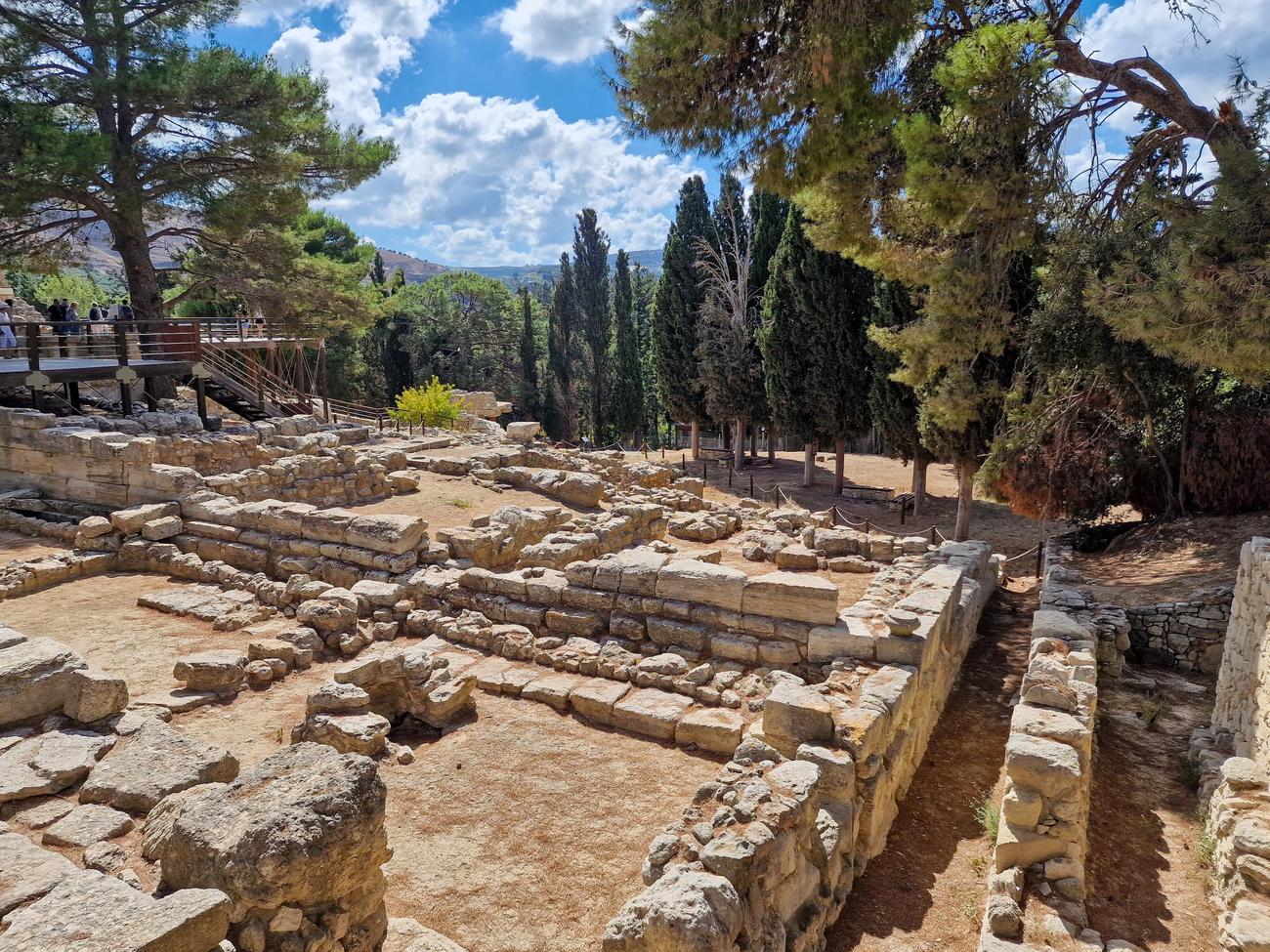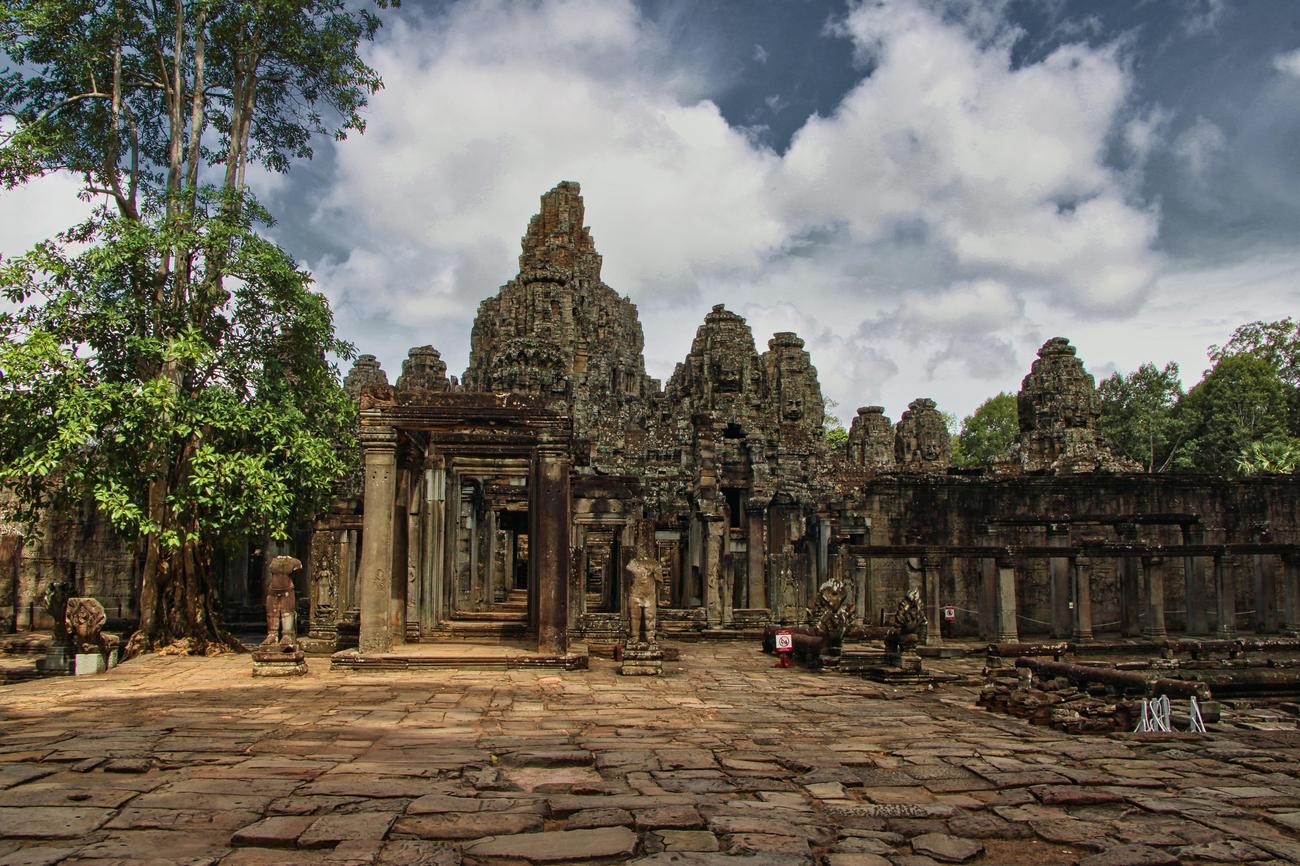Step back in time and immerse yourself in the captivating world of ancient civilizations, where the seemingly mundane act of soap making held profound cultural significance. Join me on a fascinating journey as we peel back the layers of history and uncover the secrets of this age-old practice. From the ancient Egyptians’ luxurious bathing rituals to the sophisticated soap making techniques of the Roman Empire, this article delves into the mesmerizing intersection of ancient civilizations and the art of soap making. Prepare to be enthralled as we unveil the rich tapestry of traditions, rituals, and tales that have shaped our understanding of soap making throughout the ages.

Ancient civilizations and soap making
Throughout history, the art of soap making has seen fascinating developments in ancient civilizations. From the Mesopotamians and Babylonians to the Egyptians, Greeks, and Romans, these ancient cultures all had their own unique soap-making traditions. Let’s uncover the secrets and techniques they employed in creating these essential cleansing agents.
Mesopotamians and Babylonians: Laying the Foundation
The journey of soap making begins with the Mesopotamians and Babylonians around 2800 BCE. However, the soaps created during this time were not primarily used for personal hygiene but rather for other purposes such as washing clothing or for medicinal use. By mixing fats, oils, and salts, they were able to produce the basic soap-like substances we recognize today.
The ancient Mesopotamians and Babylonians were pioneers in soap making, revolutionizing early civilizations with their innovative techniques and mixtures.
Ancient Egypt: Cleansing with Nile Magic
Ancient Egyptians also left their mark on the progression of soap making. Soap was prominently used by the Egyptians for personal hygiene and was considered a sign of cleanliness and good health. They employed a similar process to the Mesopotamians and Babylonians, blending animal fats with alkali salts to create their soap.
In Egypt, soap was not only a means of achieving cleanliness but also symbolized the higher social status and elevated hygiene practices of its users.
Greeks and Romans: Advancements in Soap Making
As the ancient world flourished, so too did the art of soap making. The Greeks and Romans made significant advancements in the production and usage of soap. According to an ancient Roman legend, soap was even named after Mount Sapo, where animal sacrifices were made and the resulting mixture of fat and ash would wash down into the river, creating a cleansing agent.
The Greeks and Romans incorporated soap into their daily rituals, recognizing its transformative power to cleanse not just their bodies but also their spirits.
Soap Making in Ancient Civilizations: A Complex Process
Though soap-making has evolved over time, it is essential to understand how labor-intensive and challenging the process was in ancient civilizations. Gathering animal fats and mixing them with lye, derived from ashes, required meticulous precision and skill. These ancient soap-makers had to strike a delicate balance in achieving the perfect mixture that would result in a useful and effective soap.
The process of soap making in ancient civilizations demanded dedication, patience, and a deep understanding of various ingredients to concoct the desirable product.
Different Hygiene Standards: A Window into the Past
It is important to acknowledge that soap was not used in the same way it is today. Ancient civilizations had different standards of hygiene and cleanliness. Soap played a role in both personal care and cultural practices, reflecting the values and customs of each society. Exploring soap making in ancient civilizations offers us a fascinating glimpse into their daily lives and societal norms.
Soap was not merely a cleansing agent but a symbol of a civilization’s ideals and priorities, reflecting their commitment to personal well-being and societal harmony.
From Ancient Secrets to Modern Suds: The Enduring Legacy
As we marvel at the soap-making practices of ancient civilizations, it is remarkable to witness the enduring legacy of this essential commodity. Soap making has endured for thousands of years, and despite the advancements in industrial production, there are still soap-makers today who honor and preserve the traditional methods.
The story of soap making across ancient civilizations is an ongoing testament to human innovation, creativity, and the importance of cleanliness throughout time.
In summary, soap making in ancient civilizations was a remarkable endeavor that showcased the ingenuity and resourcefulness of our ancestors. Exploring their techniques and practices not only enriches our understanding of the past but also helps us connect with the foundational aspects of our modern lives. So let’s remember and appreciate the journey that ancient civilizations embarked upon, as we continue to enjoy the suds and cleanliness that soap brings to our daily routines.
Soap has been a staple in our daily hygiene routines for centuries, but have you ever wondered how it was invented? The fascinating history behind soap’s origins can be traced back to ancient civilizations. From ancient Egypt to the Roman Empire, people have been using some form of soap to cleanse their bodies. If you’re curious to know more about the intriguing journey that led to the creation of soap, click here to explore the captivating story of its invention.

FAQ
Q: Which ancient civilizations practiced soap making?
A: Ancient civilizations such as the Mesopotamians, Babylonians, Egyptians, Greeks, and Romans all practiced soap making as early as 2800 BCE.
Q: What were the first soaps used for?
A: The first soaps were not used for personal hygiene but for other purposes, such as washing clothing or for medicinal use.
Q: What ingredients were used in soap making?
A: Soap making involved mixing fats, oils, and salts to create soap-like substances.
Q: Who invented soap?
A: Soap was invented by the Babylonians and used in Mesopotamia, ancient Egypt, ancient Greece, and by the Romans.
Q: How was soap made in ancient civilizations?
A: The process of soap making in ancient civilizations was long and arduous. It often involved gathering animal fats and mixing them with lye to create soap.
- Georgia Platform: A Southern Strategy, 1850s - March 31, 2025
- How many weeks is 40 days: Quick Conversion Guide for Accurate Results - March 31, 2025
- How many feet is 300 meters? 984 Feet: Understand Length Conversions Easily - March 31, 2025
















